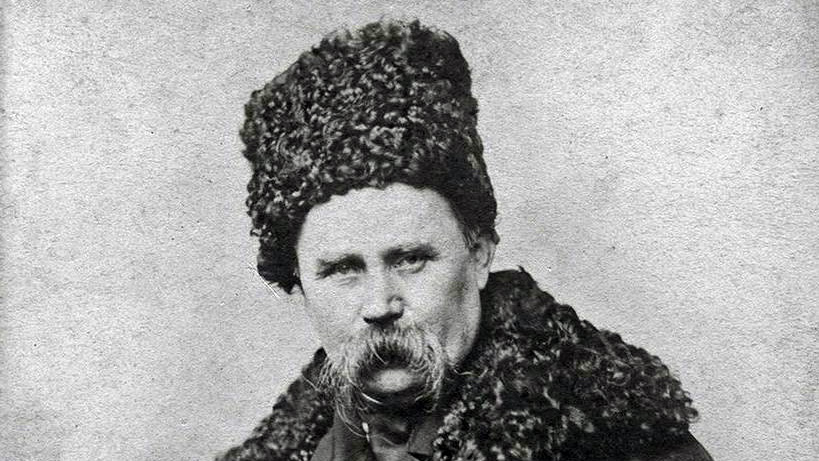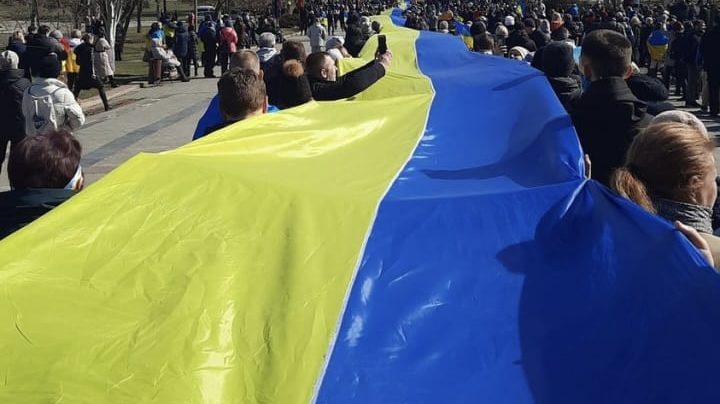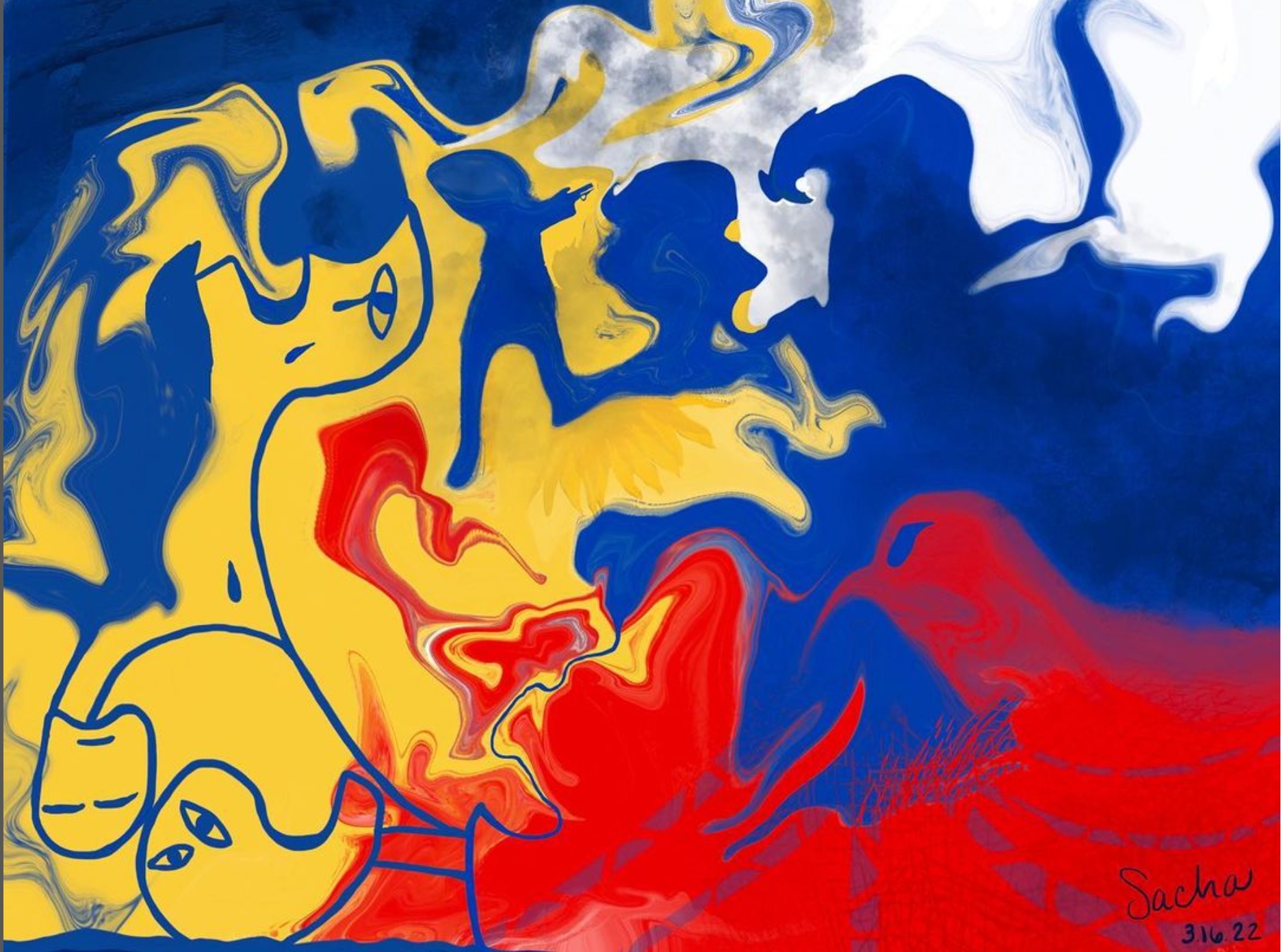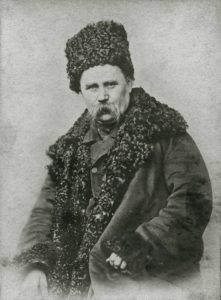
Taras Shevchenko (1814 – 1861) is one of Ukraine’s most beloved figures — poet, writer, artist, activist, folklorist, ethnographer.
His poem “Zapovit” is so well known in Ukraine that it is second only to Ukraine’s national anthem. Written in 1845, many composers have written more than 60 musical interpretations of the poem. The most famous is by Hordiy Hladky, used here in a 1960s film about Shevchenko.
Beginning life as a serf, Shevchenko became educated, wrote poetry and studied art. He became an activist, dreaming of a Ukraine free from Russian Tsarist rule, and spent much of his life imprisoned because of it. In 1847 Shevchenko was convicted for promoting the independence of Ukraine, writing poems in the Ukrainian language, and ridiculing members of the Russian Imperial House, who did not understand that their own actions led to the idea of an independent Ukraine.
Shevchenko died young at the age of 47. He was first buried in St. Petersburg. However, fulfilling the poet’s wish to be buried in ‘my beloved Ukraine,’ friends arranged to transfer his remains to his native land to be buried on Taras Hill by the Dnieper River near Kaniv. As the poem says, there’s a magnificent view of the river from this hill.
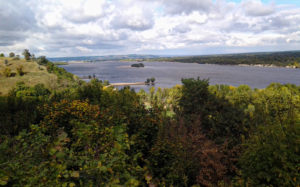
Zapovit (My Testament)
When I die, remember, lay me
Lowly in the silent tomb,
Where the prairie stretches free,
Sweet Ukraine, my cherished home.
There, ’mid meadows’ grassy sward,
Dnieper’s waters pouring
May be seen and may be heard,
Mighty in their roaring.
When from Ukraine waters bear
Rolling to the sea so far
Foeman’s blood, no longer there
Stay I where my ashes are.
Grass and hills I’ll leave and fly.
Unto throne of God I’ll go.
There in heaven to pray on high,
But, till then, no God I know.
Standing then about my grave,
Make ye haste, your fetters tear!
Sprinkled with the foeman’s blood
Then shall rise your freedom fair.
Then shall spring a kinship great,
This a family new and free.
Sometimes in your glorious state.
Gently, kindly, speak of me.
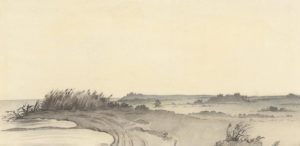
Nikolai Island by Taras Shevchenko, 1848-1849, watercolour
I care not if it’s in Ukraine
Taras Shevchenko, 1847
I care not if it’s in Ukraine
Or far from her I live and die;
I care not if ’neath alien sky
Remembered or forgotten by
Her and her people I remain.
In slavery, midst alien folk
Grow up I did, and ’neath the yoke
Of slavery I’ll die unmourned,
Far from the land that is our own
And yet is not – I’ll leave forever
Our sweet Ukraine, and no trace there
Of me, an exile, will be left.
And father will not say to son:
“In prayer our voices let us lift
For one who suffered martyrdom
For our Ukraine…” I care not if
They ever pray for me or not,
To me this matters little.
But
If Evil lulls my hapless land
To sleep by ruse and cunning, and
She wakes in flames and robbed,
if such,
As fear I greatly, is her lot –
To me this matters… very much.
shevchenko.ca/taras-shevchenko/
Jack Palance
Reads Schevchenko’s
“I Care Not”
1964 film about the opening of the Shevchenko monument in Washington DC. He begins by reading in Ukrainian and then switches to English. Jack Palance, born Volodymyr Palahniuk (Володимир Палагню́к) in 1919 in Pennsylvania, USA, the son of Ukrainian immigrants. His father was a native of Ivane-Zolote in southwestern Ukraine (modern Ternopil Oblast) and his mother was from the Lviv Oblast. He was a Hollywood actor known for playing tough guys and villains.
